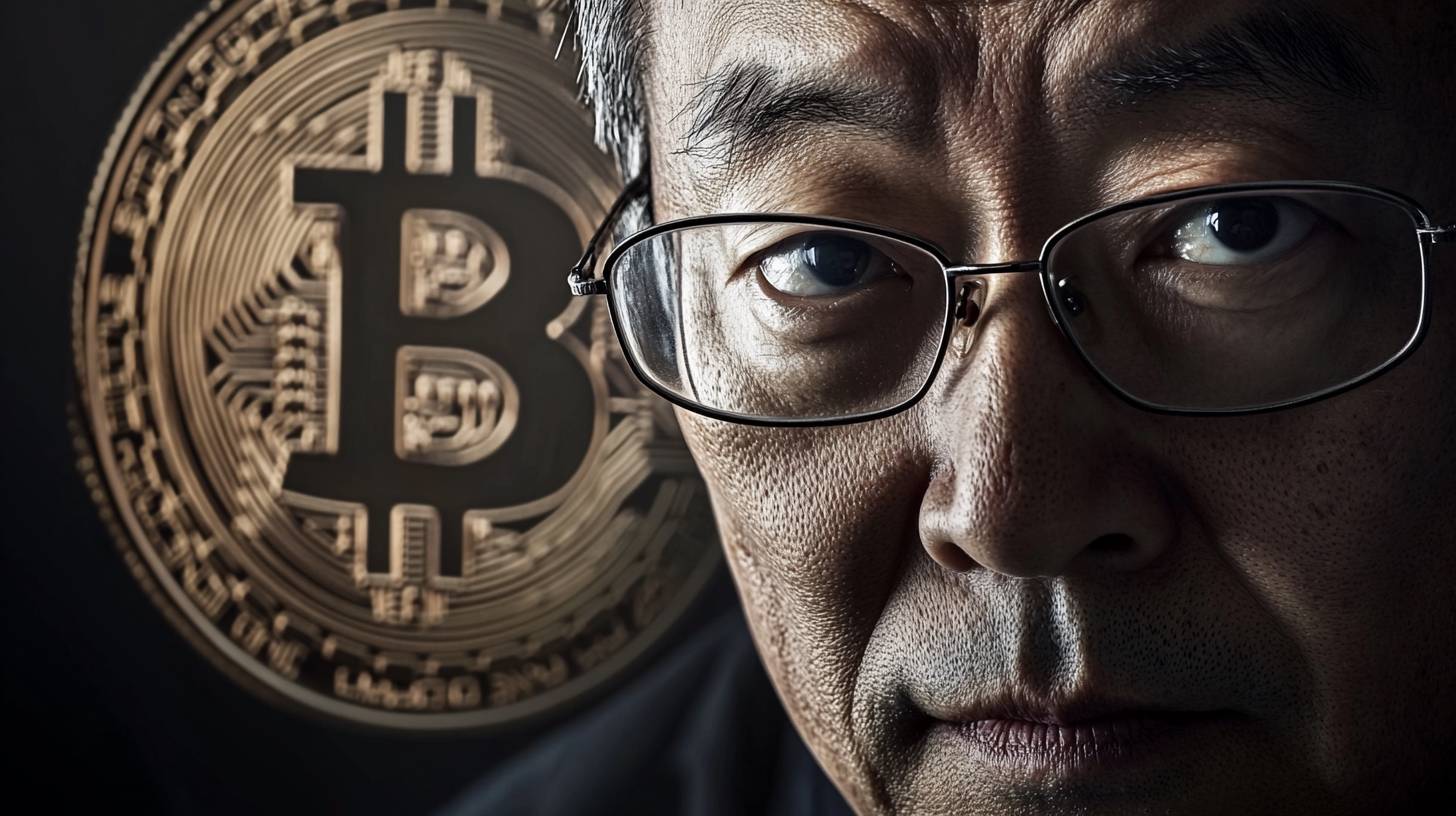
The endless speculation surrounding Satoshi’s identity
If you have been involved in Bitcoin for a significant period, you’re familiar with the routine — someone asserts they know or are Satoshi, theories begin to circulate, yet no substantial proof ever emerges. Ultimately, it usually concludes with humiliation for the accuser. We’ve experienced this cycle far too many times already.
Consider if Satoshi were revealed and suddenly became a public figure. The media storm alone would distract from Bitcoin’s fundamental mission. Worse yet, governments or corporations may seek to manipulate or dominate Satoshi, which could jeopardize the very tenets of decentralization upon which Bitcoin was founded. In Australia, where the cryptocurrency community is expanding rapidly, we cherish the freedom and independence that Bitcoin provides. Satoshi’s anonymity acts as a protective measure against any person or group accumulating excessive power over the network.
Source: bitcoinmagazine.com
Furthermore, Satoshi’s anonymity inhibits Bitcoin from becoming a personality cult. If we were aware of Satoshi’s identity, there would be a risk of treating their statements or actions as authoritative, which could hinder innovation and discussion within the community. Bitcoin flourishes because it is open-source and permissionless, enabling anyone to participate in its development. The absence of a central leader promotes a variety of ideas and viewpoints, which is crucial for the sustained health of the network.
Bitcoin’s triumph relies on its decentralized framework, and Satoshi’s anonymity is essential in safeguarding that. By obscuring his identity, Satoshi guaranteed that Bitcoin wouldn’t be linked to a particular individual or organization. This is vital because, should Satoshi’s identity be uncovered, it might result in unwarranted influence over the network, whether from legal pressures, public sentiment, or even market manipulation. The strength of Bitcoin lies in its independence from any central authority, and Satoshi’s choice to withdraw reinforces that principle.
Thus, I recommend my fellow Bitcoiners take next week’s “blockbuster revelation” with a considerable pinch of skepticism. It will probably be more about sensationalism than genuine insight, reiterating well-known theories that lack convincing proof.
Why Satoshi’s anonymity is vital for Bitcoin’s success
With Bitcoin reaching a .2 trillion market value, the temptation to expose Satoshi is understandable. His holdings are estimated to be 1.1 million BTC, currently valued at over billion.
In Australia, where interest in blockchain technology is surging across various sectors, from finance to agriculture, it’s crucial to remember that Bitcoin’s power resides in its decentralization. Satoshi’s anonymity is a central aspect of this. It enables Bitcoin to be a genuinely global, impartial asset, free from the sway of any individual or country. As Bitcoin continues to advance, both in value and acceptance, preserving that neutrality will be increasingly vital.
Familiar names like Adam Back, Hal Finney, or Nick Szabo will probably be brought back as possible contenders. The accused will once again staunchly deny the claims. Our favorite Bitcoin historian, Pete Rizzo, has already wagered 0 with Shinobi, Nikolaus, Frank, and me that Back will be named and will reject the allegation.
These occasional media uproars asserting to solve the mystery create significant buzz yet consistently disappoint. They function as amateur detectives following flawed instincts rather than unbiased inquiries seeking the truth.
As a seasoned Bitcoiner, I couldn’t help but scoff when I came across the trailer HBO released for an upcoming documentary, hinting at a reveal of Satoshi’s identity. Rumors have started that it might disclose who Satoshi Nakamoto is. Having witnessed numerous half-hearted efforts to “unmask” Satoshi throughout the years, I firmly believe this latest endeavor will also fall short of providing conclusive evidence.

